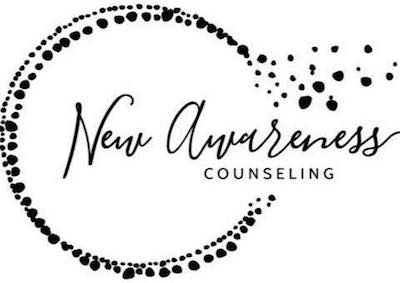When someone comes to see me for depression I spend time listening to their story to distinguish whether the depression is situational or not. Almost always there is something that is causing it or at least contributing to a person’s depressive state. This could be something that happened to them or a deep rooted negative belief that has become debilitating. Of course there are exceptions to this, such as someone who has always felt depressed or has a strong family history of mood disorders. This blog is not addressing those exceptions and it is speaking to situational depression.
We are wired to move toward things that are pleasurable and avoid things that are painful. Because of this we tend to reject difficult or uncomfortable emotions, neglecting the fact that they are trying to tell us something. We often mask our pain or discomfort by eating, drinking, binge watching Netflix, or becoming consumed with our phones. Very rarely do we stop and really sit with ourselves and our emotions.
I encourage you to consider what your depression might be telling you. Is it telling you that the job you have is unfulfilling and toxic? Is it telling you that your relationship isn’t what you want or need it to be? Is it telling you that you are not happy with yourself or your actions? Have you not healed from a past trauma?
This is where therapy can be helpful, especially if you are finding it difficult to figure out where the depression is coming from. A therapist can help identify situations or things from your past that are contributing to your mood. Knowledge alone does not heal depression but it is a good place to start.
This is where differences in therapists and therapy modalities come into play. Certain therapists may take a short term therapeutic approach, teaching skills such as breathing or mindfulness. Others may spend more time verbally processing thoughts, feelings, and/or events.
My belief about skills are that they tend to be bandaids. They can be helpful in reducing and minimizing symptoms but don’t really address the root of why depression is happening. Talking can be therapeutic but many clients are sick of talking about what is wrong or already come in with a high level of insight about themselves. This is where EMDR therapy can help. EMDR stands for Eye Movement Desensitization and Reprocessing and it can be used to actually rewire the brain. Depression is typically accompanied by negative beliefs such as “life sucks, what’s the point, I’m worthless, I’m alone, etc.” If we can rewire these cognitive pathways so you no longer believe such things you will see a change in your mood and behavior.
If you would like to find out more about EMDR and how it can help, you can schedule your free consultation with me today.
New Awareness Counseling is located in Glenwood Springs, Colorado.
#glenwoodsprings #depression #happy #thatsmytherapist #goodmorning #therapy #counseling #EMDR #colorado #newawarenesscounseling #bestself

